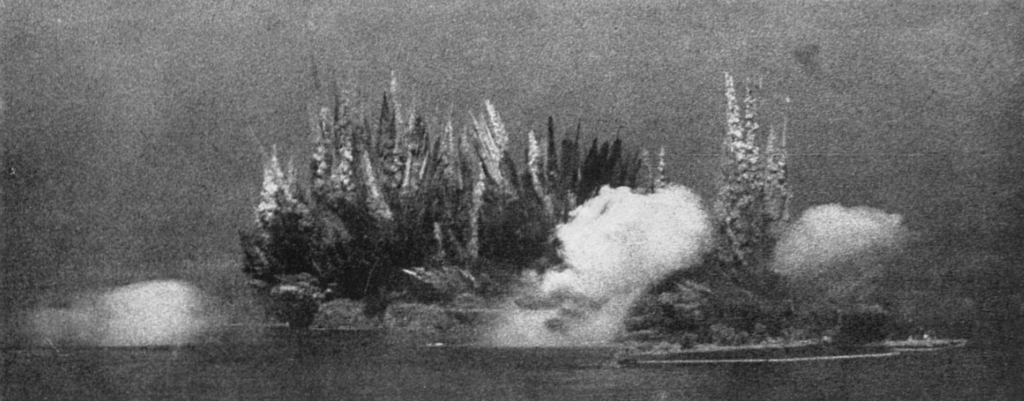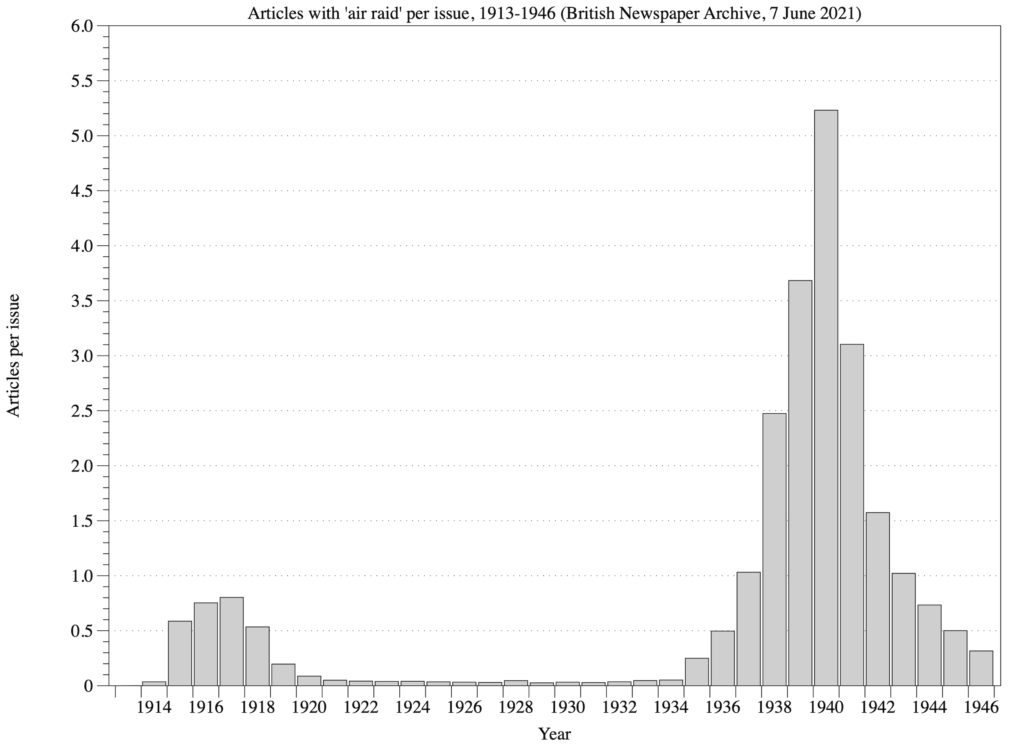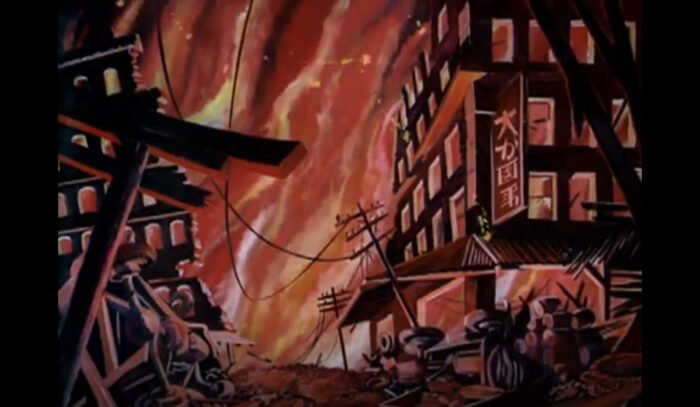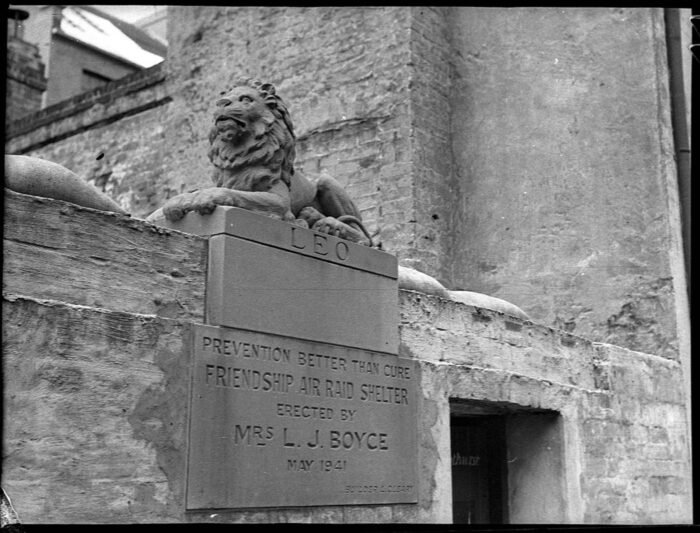A miscellany of Australian mystery aircraft, 1903-1940 — III
After 1903, 1911, 1913 and 1928, it’s time to round off this miscellany of Australian mystery aircraft with 1939 and 1940 — separated by little over a year in time, but quite far apart in place and circumstance.









